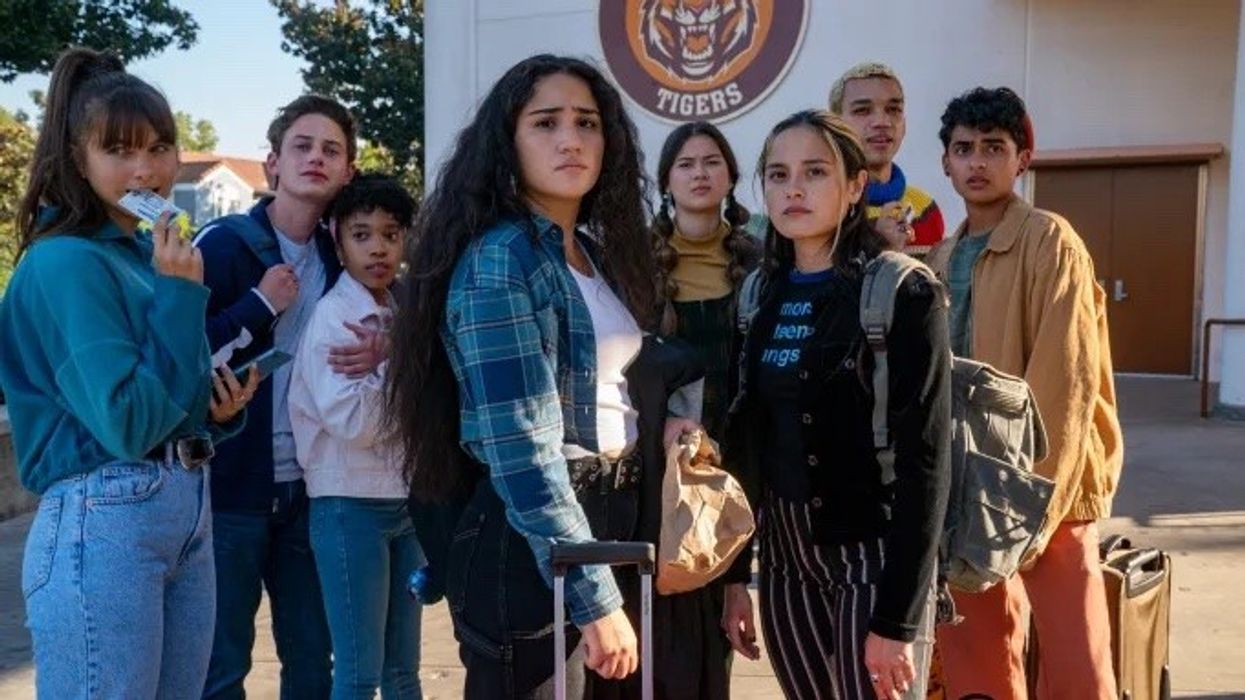The Warner Bros. Discovery Situation Is Worse Than You Think
There seems to be a pattern with the shows and films that are getting the ax.

People have noticed a pattern with Warner Bros. Discovery's recent cancellations. Many of the shows and films canceled highlighted communities that are hugely underrepresented in media.
To make matters worse, this pattern is something that 30 members of Congress warned the agency of in a letter that stated that Discovery's acquisition of Warner Bros. could lead to a loss of diverse content that would serve their audience best.
As we reflect on this letter after WBD has shelved projects, swallowed HBO Max, and started laying off employees at HBO, we can say that WBD has done just what these Congressmembers were fearful of.

The Antitrust Concerns Against WBD
In the letter, members of Congress expressed their worries about the merger dampening diverse and inclusive programming, which has become a common criticism after WBD killed its $90 million HBO Max Original film Batgirl, starring Latina actor Leslie Grace.
Why did WBD shelf Batgirl? CEO David Zaslav said during an Aug. 4 earnings call that the entertainment powerhouse will be focusing on pivoting back to creating projects for theaters after seeing the box-office success of Top Gun: Maverick. Zaslav’s 10-year plan for DC and the “reset” of the franchise involved evaluating the profitability of planned films and series.

Warner Bros. Discovery has favored cost-saving and took an $825 million write-down for shelving projects like Batgirl, Scoob!: Holiday Hunt, and J. J. Abrams’ next project Demimonde.
Rep. Joaquin Castro of Texas told the Hollywood Reporter, “So this incredibly gifted Latina actress and wonderful story get thrown down the drain for a tax-write off.”
Zaslav’s plan to reduce the company’s debt also included removing 68 titles from HBO Max and about 200 episodes of Sesame Street, to avoid paying royalties.
There could be antitrust concerns here since this media company now has so much power. Antitrust laws seek to create a level playing field for businesses, prevent monopolies, and promote innovation and product variety.
The Hollywood Reporter points out that WBD's plan to save money by shelving projects is a problem and could make creators hesitant to work with them. There have already been large cuts that have shaken the industry to its core, blind-siding creators who have already spent time, money, and energy on projects that ultimately get tossed to the side to keep a rich company even richer.

Are WBD’s Moves Aimed at Underrepresented Communities?
HBO Max has previously been celebrated for its cultural diversity and ambition to tell stories about underrepresented communities by filmmakers and storytellers of those communities.
The streaming service has a competitive edge and goodwill that made it one of the best to date, even releasing new films on streaming services the same day as theatrical releases during the COVID-19 pandemic.
Gordita Chronicles showrunner Brig Muñoz-Liebowitz had her show canceled, too. She told the Hollywood Reporter, “It’s hard to not feel like this is a pattern."
She also compared the move to "self-harm." Why would a company get rid of so many of its popular products?

It seems that many of WBD’s cancellations focus on Latino programming, a category of television and film that is drastically underrepresented in Hollywood, making up only 6% of roles in the industry, according to the 2021 UCLA diversity report.
Not investing in diverse audiences now could hurt the platform in the future.
One Fundamental Trouble with WBD’s New Streaming Service
Zaslav, who truly believes that HBO skews more toward a male-centric audience while Discovery skews female, is convinced that the audience of both services will grow if they merge them.
When the pitch deck with that company outlook leaked, the community was of course upset and amused.
Many think Zaslav’s interpretation of media consumption is misguided. He is a CEO who doesn’t understand scripted programming and has been quoted saying that he thinks "scripted has had its moment."
In short, he favors reality TV. Which is cheaper.
If this means great shows that highlight underrepresented communities get the boot so a reality show about people running a bakery in Los Angeles can get the funding they need, then Zaslav will do just that.
Does WBD leadership know its consumer or creators? Let us know what you think in the comments below!
Source: The Hollywood Reporter











